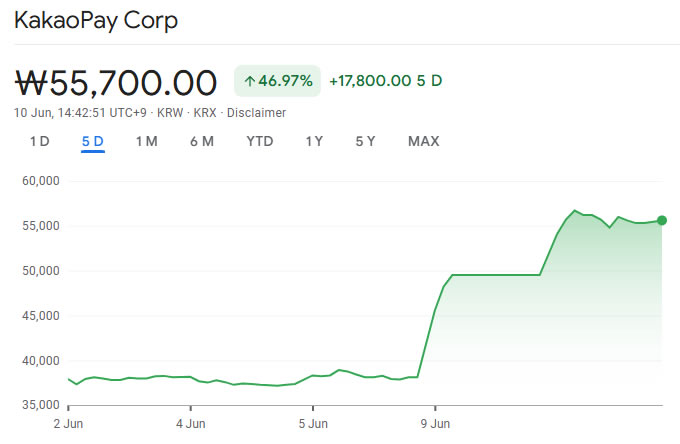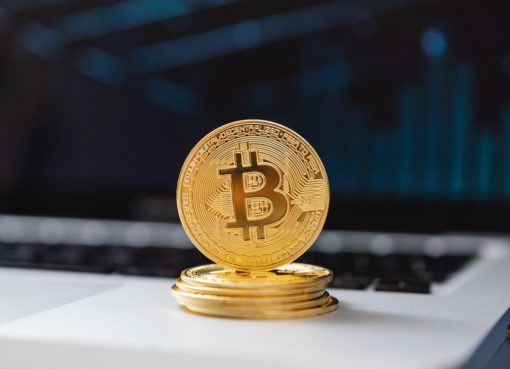South Korea’s newly elected president Lee Jae-myung is fast-tracking his campaign promise to allow the issuance of domestic stablecoins, as his party has moved forward with a crypto bill.
Lee’s ruling Democratic Party proposed the Digital Asset Basic Act on Tuesday, aimed at improving transparency and encouraging crypto sector competition, Bloomberg reported.
The bill stipulates that local companies can issue stablecoins with a minimum equity capital of 500 million won ($368,000). They must also guarantee refunds through reserves and get regulatory approval from the Financial Services Commission, the country’s finance regulator.
South Korean stablecoin trading is surging with transactions involving the leading US dollar stablecoins reaching 57 trillion won ($42 billion) on five main domestic exchanges in the first quarter, according to Bank of Korea data.
The new legislation is expected to bolster such trades and boost one of the region’s largest crypto markets, with more than a third of the population, or around 18 million people, reportedly participating.
Lee works to fulfill election promises
South Korea’s opposition leader Lee was sworn in as president following a decisive snap election victory on June 3.
In addition to his plans for a local currency stablecoin, Lee also advocated for South Korea’s national pension fund to invest in Bitcoin and crypto, in addition to pledges to permit the launch of Bitcoin exchange-traded funds (ETFs) in the country.
Related: South Korea’s new president will bolster crypto, but scandals prevail
“We need to establish a won-backed stablecoin market to prevent national wealth from leaking overseas,” he said during a policy discussion in May.
Bank of Korea opposes stablecoin policy
Lee’s crypto ambitions are facing central bank opposition, with Bank of Korea Governor Rhee Chang-yong warning that non-bank stablecoins could weaken monetary policy effectiveness.
The central bank argued that it should take the lead in regulating a local currency stablecoin.
South Korean investors could still be burned from their investments in the multibillion-dollar Terra blockchain and its algorithmic stablecoin that was co-created by local Do Kwon, which collapsed in May 2022.
South Korean crypto stocks react
South Korea’s crypto push is fueling a rally in local stocks such as mobile payment and digital wallet service KakaoPay, which has seen shares jump as much as 45% over the past five days, according to Google Finance.

However, JPMorgan analysts Stanley Yang and Jihyun Cho said, “The rally in Kakao-related shares is fundamentally unjustifiable, as any concrete benefit from Lee’s stablecoin policy remains uncertain.”
Magazine: Bitcoin $200K ‘obvious’ breakout, GameStop’s first BTC buy: Hodler’s Digest



